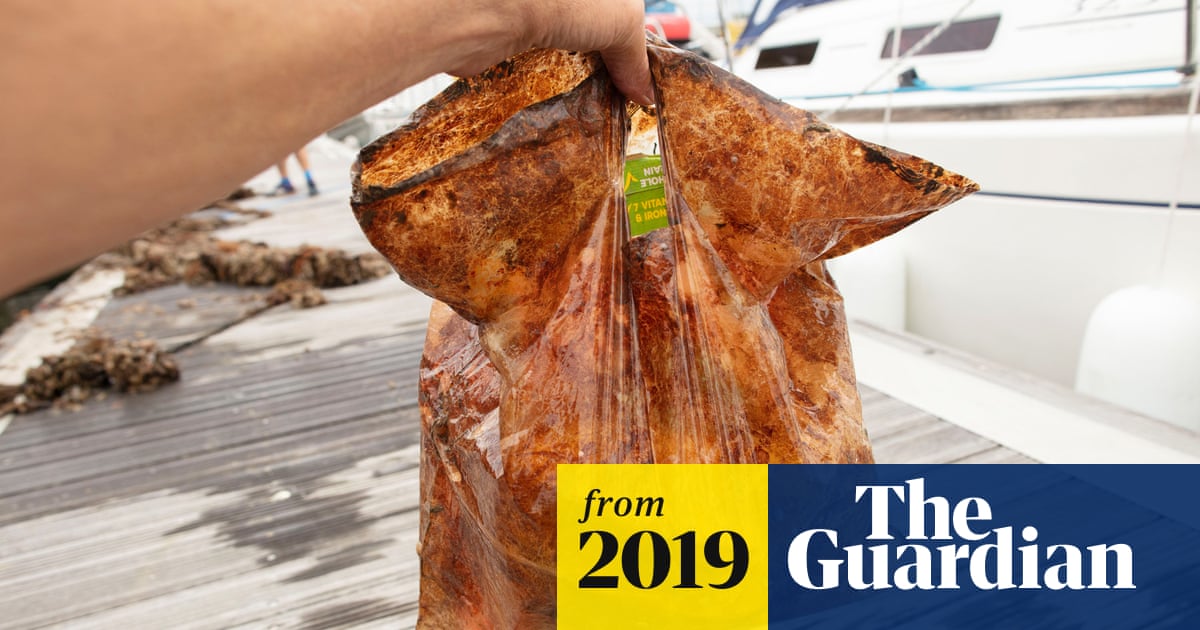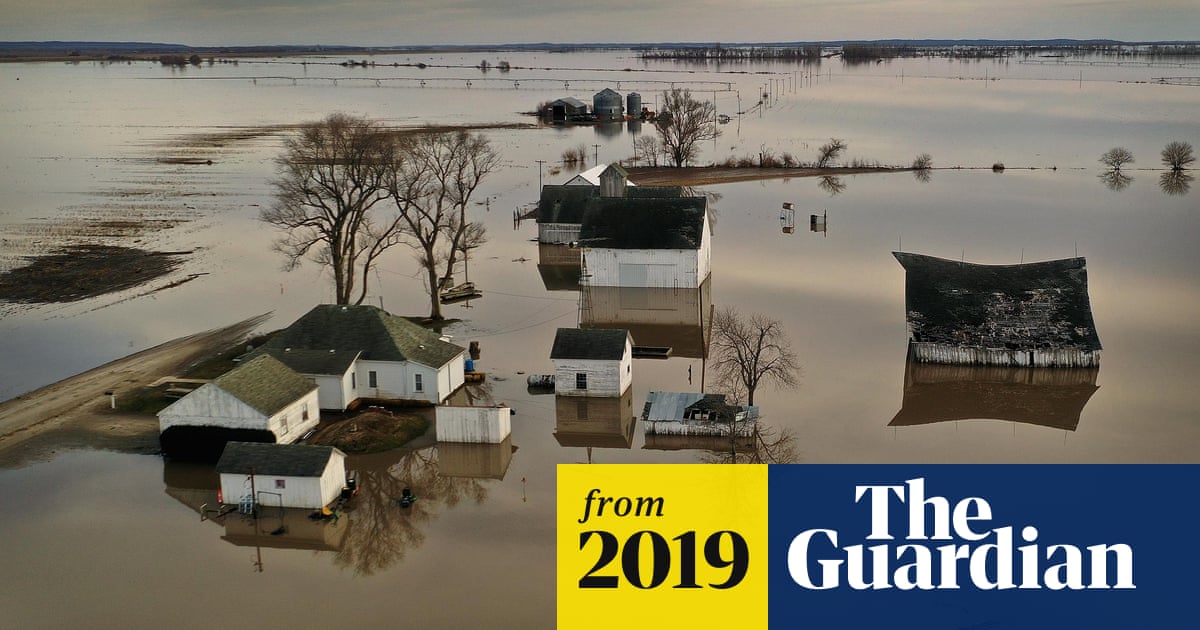The main issue with increased extreme weather is that it becomes too unpredictable, and that is bad for food production overall.
------------
'Biodegradable' plastic bags survive three years in soil and sea:

 www.theguardian.com
www.theguardian.com
I've noticed our local super market start to use either 'old-fashioned' paper-bags or a plastic type that basically starts to break before you get home(!) so it is good we are changing out the more permanent bag types. I switched to those 'life-time' multiple use bags years ago and they are still going strong, so that is my preferred method. Sadly too many items often still come in single-use plastics (like organic banana's) and i hope that starts to change soon.
------------
'Biodegradable' plastic bags survive three years in soil and sea:

'Biodegradable' plastic bags survive three years in soil and sea
Study found bags were still able to carry shopping despite environmental claims
Plastic bags that claim to be biodegradable were still intact and able to carry shopping three years after being exposed to the natural environment, a study has found.
The research for the first time tested compostable bags, two forms of biodegradable bag and conventional carrier bags after long-term exposure to the sea, air and earth. None of the bags decomposed fully in all environments.
The compostable bag appears to have fared better than the so-called biodegradable bag. The compostable bag sample had completely disappeared after three months in the marine environment but researchers say more work is needed to establish what the breakdown products are and to consider any potential environmental consequences.
After three years the “biodegradable” bags that had been buried in the soil and the sea were able to carry shopping. The compostable bag was present in the soil 27 months after being buried, but when tested with shopping was unable to hold any weight without tearing.
I've noticed our local super market start to use either 'old-fashioned' paper-bags or a plastic type that basically starts to break before you get home(!) so it is good we are changing out the more permanent bag types. I switched to those 'life-time' multiple use bags years ago and they are still going strong, so that is my preferred method. Sadly too many items often still come in single-use plastics (like organic banana's) and i hope that starts to change soon.

